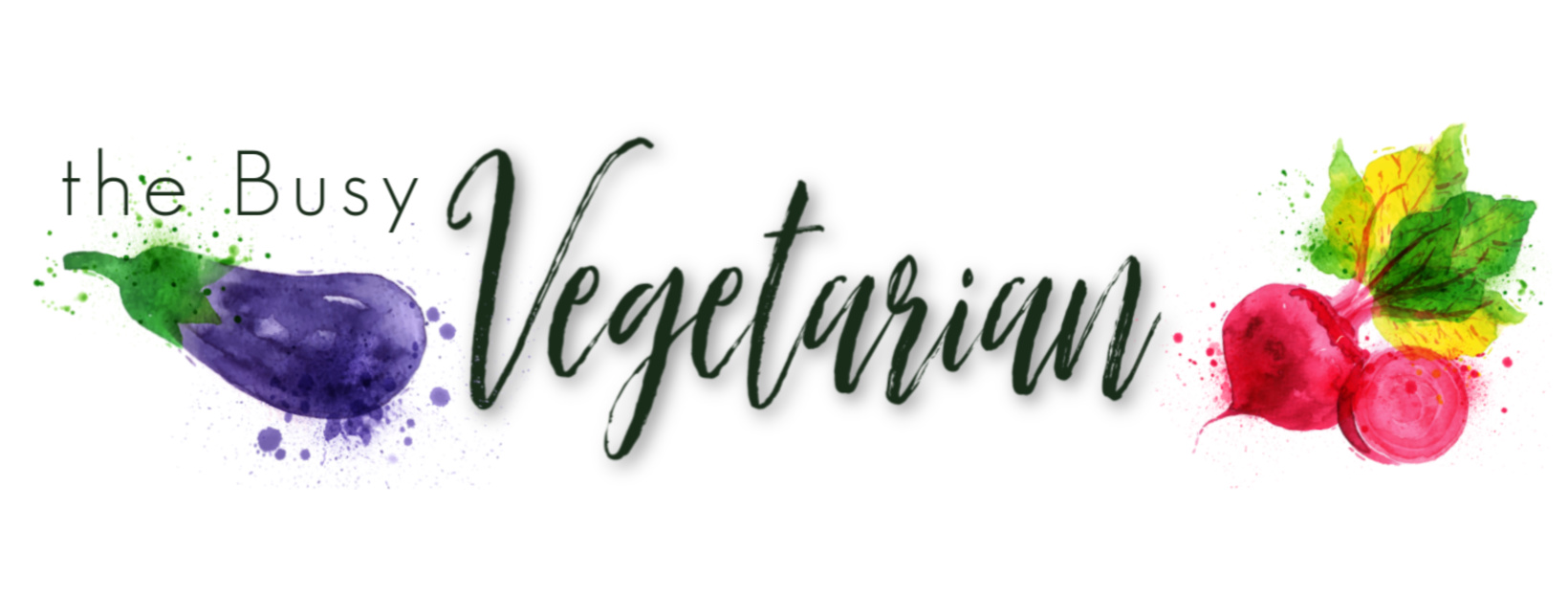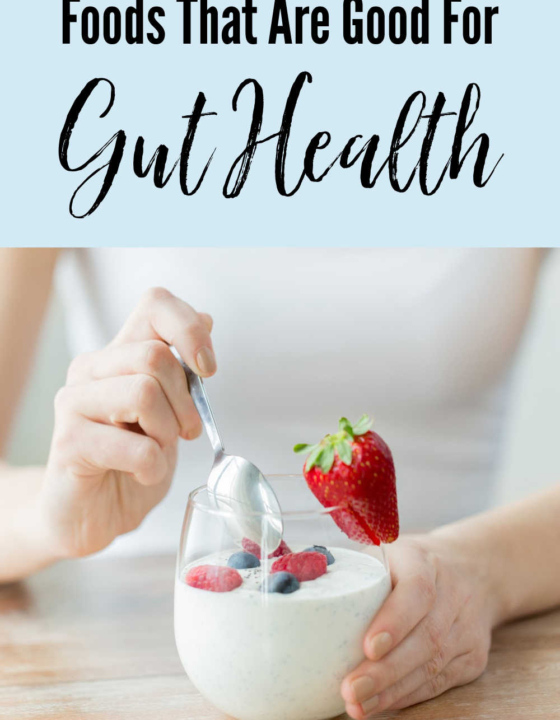Vegetarians often maintain a healthy and balanced diet through plant-based foods, but certain nutrients can be challenging to obtain through whole foods alone. Supplements can help fill these gaps, ensuring optimal health and well-being. I have been a vegetarian for over 30 years and often supplement my diet with additional sources of nutrients.
Before starting any supplement, consult a healthcare professional to assess your specific dietary needs and ensure the right dosage for your lifestyle. Supplements can complement a vegetarian diet to support overall health and prevent potential deficiencies.

Here are some good supplements to consider. Keep in mind that you may want to check if the supplements are vegetarian, especially ones such as omegas and iron.
Vitamin B12
Vitamin B12 is essential for nerve function and red blood cell production, but is primarily found in animal products. Vegetarians should consider a B12 supplement or consume fortified foods like plant-based milk, cereals, and nutritional yeast to avoid deficiency.
Omega-3 Fatty Acids
While plant-based sources like flaxseeds, chia seeds, and walnuts provide ALA (a type of omega-3), they don’t offer the EPA and DHA found in fish. Algae-based omega-3 supplements are an excellent option for vegetarians to support brain and heart health.
Iron
Although iron is present in plant foods like lentils, spinach, and tofu, non-heme iron from plants is less readily absorbed by the body. Vegetarians may benefit from an iron supplement, especially women of childbearing age, and should pair iron-rich foods with vitamin C to enhance absorption.
Vitamin D
Vitamin D, crucial for bone health and immune function, is often derived from sunlight or animal-based foods. Vegetarians can opt for vitamin D2 or plant-based vitamin D3 supplements to maintain healthy levels, particularly in winter months or low-sunlight regions.
Zinc
Zinc supports immune health and wound healing but can be harder to absorb from plant-based sources due to phytates. A zinc supplement or zinc-rich foods like pumpkin seeds, beans, and whole grains can help meet daily needs.
Protein
While vegetarians can obtain protein from legumes, nuts, seeds, and grains, those with higher protein needs may benefit from plant-based protein powders, such as those made from pea, rice, or hemp protein.
Calcium
For those who avoid dairy, calcium is crucial for strong bones and teeth. Fortified plant-based milks, tofu, and leafy greens can help, but a calcium supplement may be beneficial to meet recommended daily intake.
Iodine
Iodine, important for thyroid function, is often obtained from iodized salt or seaweed. Vegetarians who don’t consume these regularly may need an iodine supplement.










Melanie E
March 17, 2025This is something that might be relevant to me at the moment. I don’t eat meat, poultry or fish very often so I am sure that I may be deficient in a few things especially iron. Oooo and I need to get some seaweed in!
Anita Abderson
March 17, 2025I’m currently taking B12, vitamin D, calcium and iron. My doctor recommended these supplements as I got older.
Amber Myers
March 17, 2025These sound like some fabulous supplements. I will have to to try these. I always want to stay healthy.
Tara Pittman
March 17, 2025This is good info to inspire me to eat more of certain foods. I am vegan, so I need to up my intake of nutritional yeast.
Kathy
March 17, 2025I think these are all great supplements. I’m not a vegetarian, but I take some of these supplements too.
LavandaMIchelle
March 17, 2025I really appreciate the tips on supplements like B12 and omega-3s. It’s great to have a clear list of nutrients to watch out for and ways to ensure we’re staying healthy. This is definitely going to help me make better choices for our diet!
LisaLisa
March 18, 2025These are some great supplements with lots of great benefits for your health, A few I take already myself, I’m sharing this post with my daughters and Thanks again for posting this.
laura
March 18, 2025These sounds so amazing product, where can I get it. Also I must give these a try.
Jennifer Passmore
March 19, 2025I take vitamin D, and I have for many years now. I know its super good for your body! I’ve felt better after taking them, especially during winter, when my SAD gets worse.